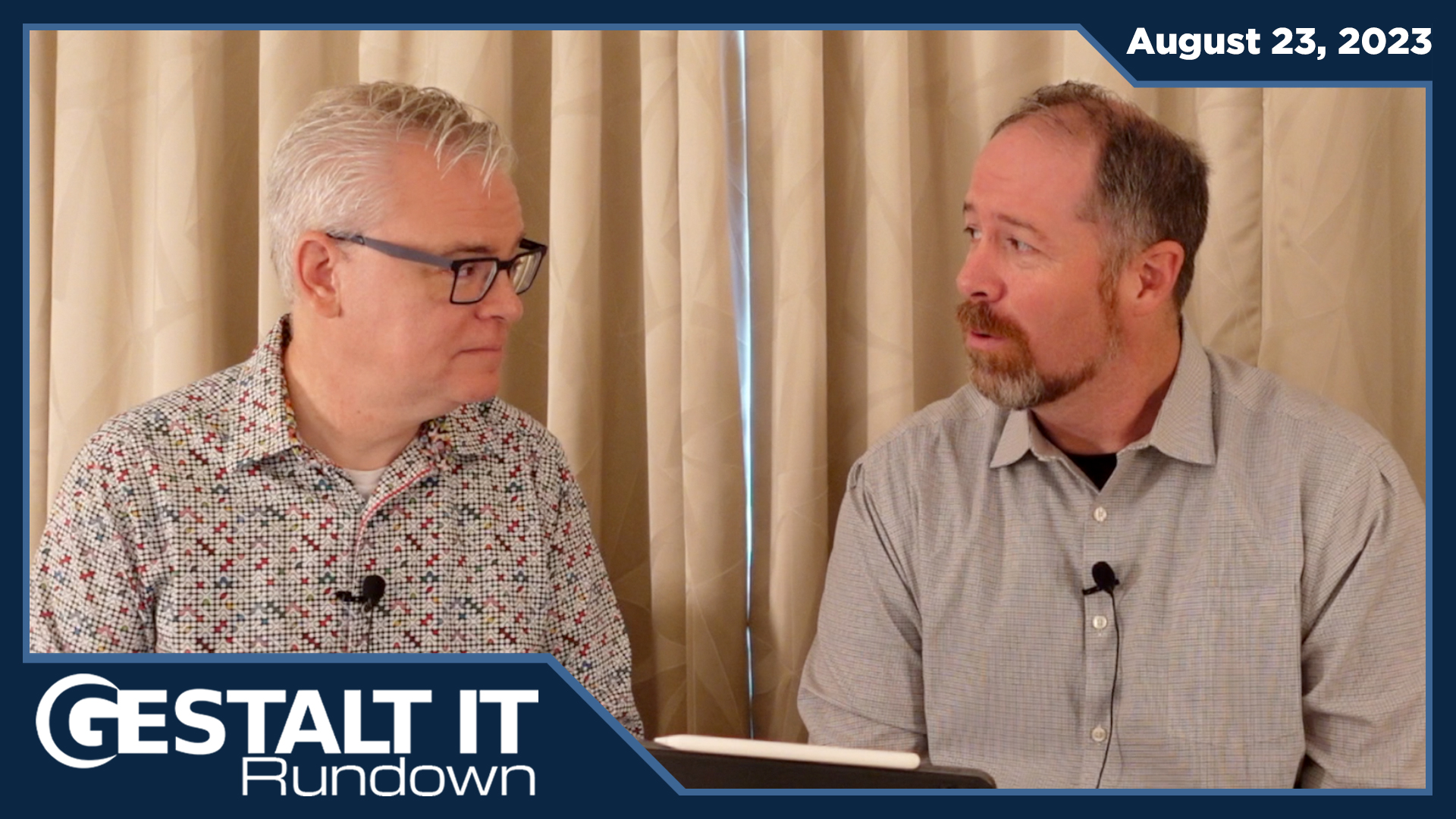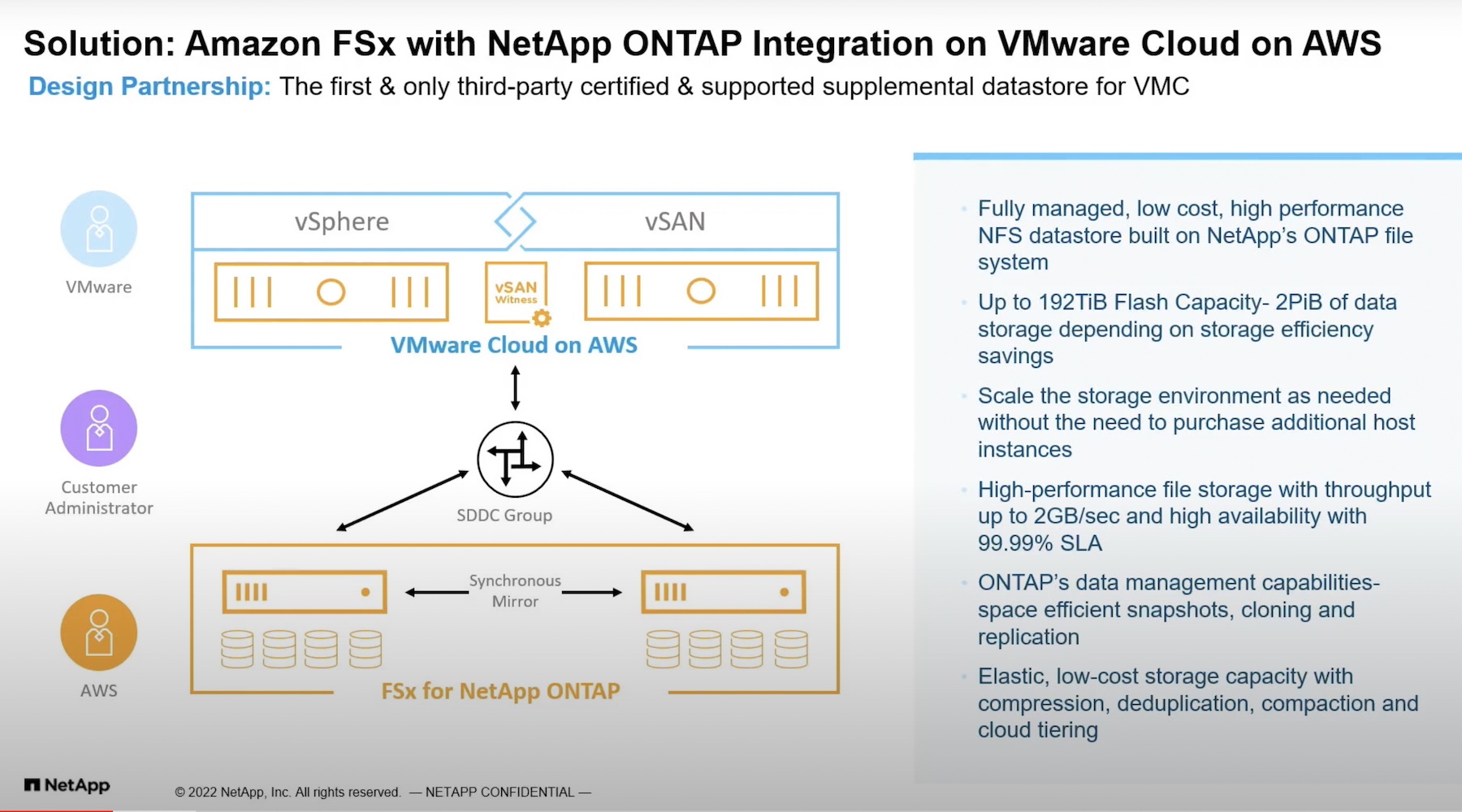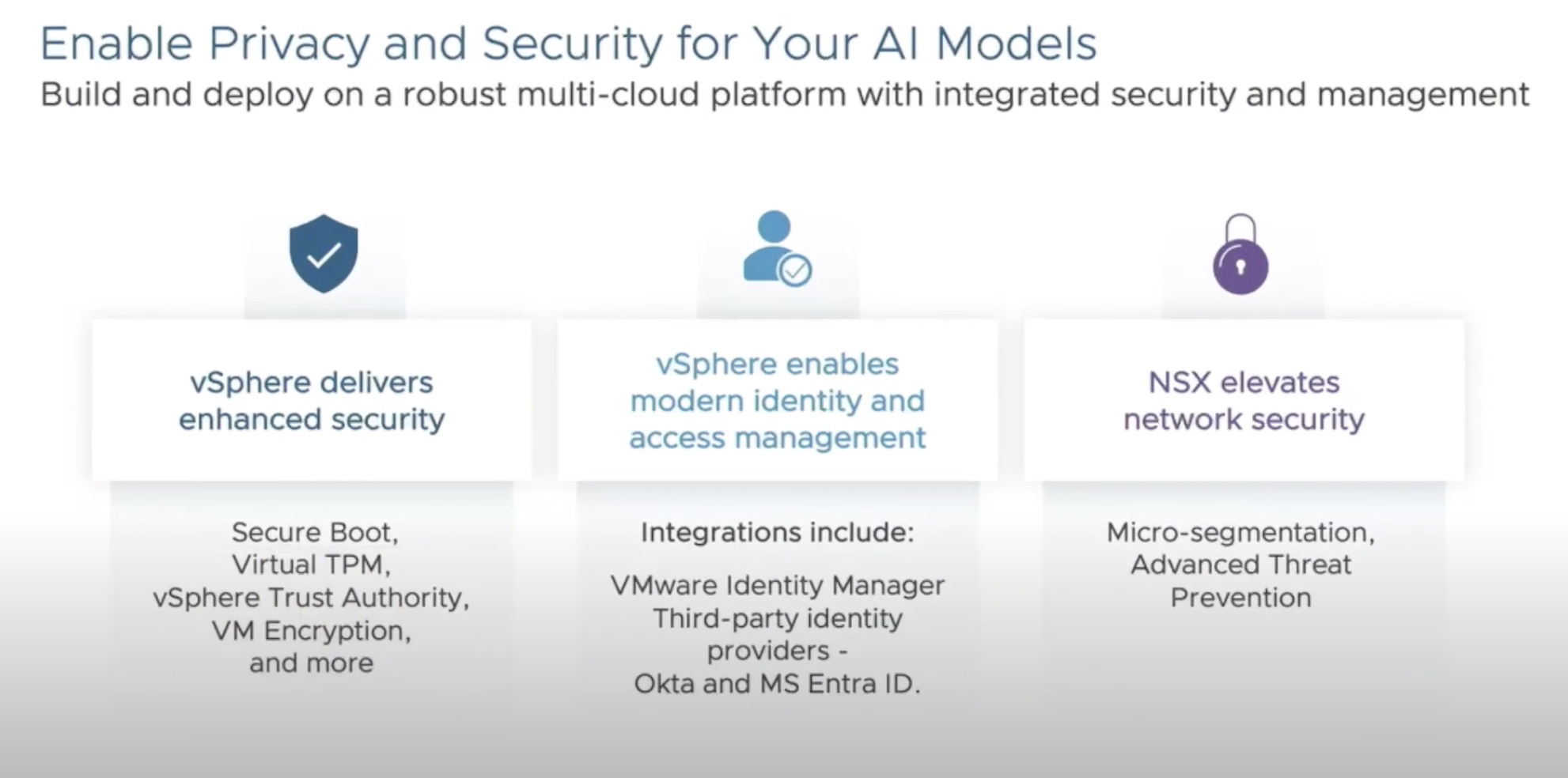EMC is the 800 lb gorilla of the enterprise storage industry, but the company has much bigger plans. Although CEO Joe Tucci kicked off his keynote by claiming “We are an infrastructure company and proud of it,” EMC’s ambitions must go way beyond IT infrastructure. Each acquisition and strategy announcement is an attempt by EMC adapt to a fundamentally-transformed enterprise IT world.
The Non-Box Company
EMC moved out of the “box company” role in 2003, purchasing Legato Systems to move into enterprise backup software and Documentum for enterprise content management, but this was only a warm-up. Many were puzzled by the 2003 purchase of virtualization pioneer, VMware, but it has played out to be one of the shrewdest moves of the decade. Although their revenue remains small in comparison to the parent company, VMware is arguably more important today to the modern data center than EMC itself. Later purchases like System Management Arts (SMARTS), Configuresoft, and RSA further expanded EMC’s footprint.
More telling are the moves VMware has made. SpringSource, Zimbra, and GemStone add up to very much a non-infrastructure world for the “infrastructure company.” EMC is clearly moving into the application platform space, leveraging this reach to consolidate their control over the underlying infrastructure.
Moving On Up
This seems to be the real EMC vision: Move up the stack, offer a compelling IT strategy, and move tons of heavy datacenter gear. This isn’t unique; It’s a re-play of IBM’s game plan from decades past. But EMC finds itself in a moment of transformation for corporate IT: Application development teams no longer care about infrastructure, and the rest of IT must finally transform itself to keep up with their needs.
Read my thoughts on The Techie/Business Schism for more on this IT transformation
Make no mistake: IT is in the middle of a revolution, not a simple equipment transition (think mainframe-mini-micro). Rather, the new world of IT is application-centric and big enterprise iron is becoming less visible and strategic. Surely, future IT architects will be able to deploy monolithic integrated blocks or stacks (like the EMC/Cisco vBlock), but many will choose to deploy lighter scale-out systems based on commodity hardware. The choice will be made based on finance or business strategy, not technological capabilities because higher-layer software will make hardware increasingly irrelevant.
Selling the Strategy
What is an avowed infrastructure company like EMC to do? Many of their competitors are doubling down on advanced storage hardware, but the smart ones are focusing on software instead. EMC is certainly moving towards a common hardware platform differentiated by software “personality” but their strategy must go well beyond this. The company must focus on the new IT world, selling product as a foundation for the next generation of applications, not merely a “faster/better” storage box for today’s apps.
Yet it would be foolish to make a wholesale move and abandon existing systems and protocols. EMC’s revenue stream depends on continued Fibre Channel, iSCSI, and NAS array sales even as they transition to systems that bear little resemblance to today’s Symmetrix or Celerra. They must develop and market a forward-looking strategy yet not abandon their cash cows.
In other words, EMC must say one thing while, for the most part, doing something entirely different. This “run the business while changing the business” challenge has been the downfall of many. The few who have successfully transitioned are the exception rather than the rule. EMC has a tough road ahead, but my conversations with company insiders at EMC World this week show that they are well aware of the challenge. This puts them well ahead of many in the storage industry, and explains my continuing focus on EMC.





[…] EMC’s Tough Road to the Post-Infrastructure Future (gestaltit.com) […]
[…] EMC’s Tough Road to the Post-Infrastructure Future (gestaltit.com) […]